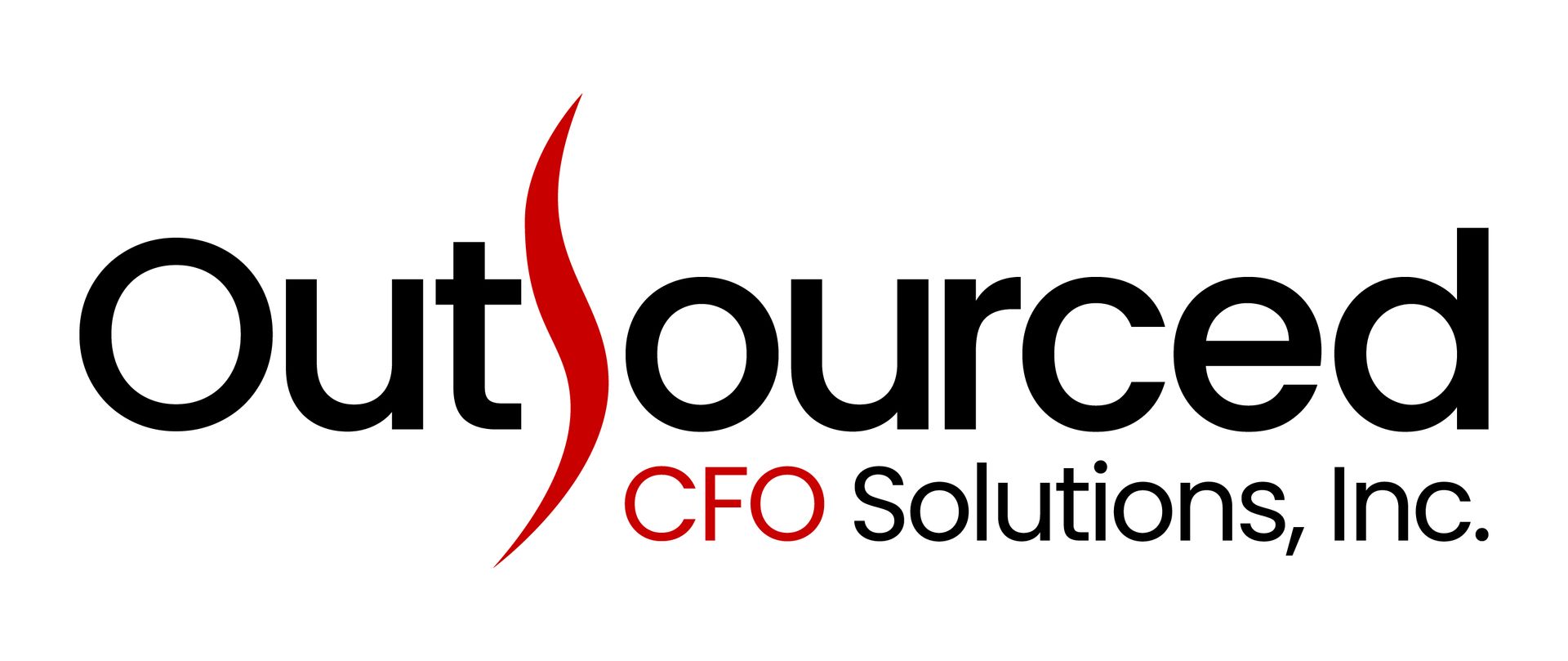What is Business Expense Management?
Business expense management refers to tracking, categorizing, and controlling the expenses incurred by a business. This can include things like employee expenses, office expenses, travel expenses, marketing expenses, and other operational costs. The goal of business expense management is to ensure that a business is spending money effectively and efficiently, and that expenses are accurately tracked and reported for budgeting, forecasting and tax compliance purposes.
Business expense management typically includes the following steps:
- Establishing Policies and Procedures: Establishing clear policies and procedures for how expenses are incurred and reported, including guidelines for what types of expenses are allowable and what documentation is required.
- Tracking Expenses: Recording and tracking expenses as they are incurred, using tools such as expense reports, invoice processing, and receipts.
- Categorizing Expenses: Classifying expenses into different categories, such as office expenses, travel management expenses, marketing expenses, etc.
- Approving Expenses: Reviewing and approving expenses to ensure that they are in compliance with established policies and procedures.
- Reporting Expenses: Generating reports on expenses, such as expense reports and budget vs. actual reports, to help managers understand where the business’s money is being spent and how it compares to the budget.
- Auditing Expenses: Performing periodic audits of expenses to ensure accuracy and compliance with policies and procedures and to identify any potential issues or areas for improvement.
Overall, business expense management is essential for small and large businesses alike. It allows businesses to control their costs, make informed decisions, and stay compliant with tax laws and regulations.
What Is the Value of
Business Expense Management?
Business expense management is the process of tracking, approving, and reimbursing employee expenses. The value of this process includes:
- Cost savings: By tracking expenses, companies can identify areas to cut costs and reduce unnecessary spending. For example, a company may find that a significant portion of its expenses are related to travel. They can significantly reduce their travel expenses by implementing more restrictive travel policies. Another example is identifying a pattern of high recurring expenses, such as office supplies and negotiating better rates with suppliers to reduce those costs.
- Improved budgeting and forecasting: Businesses can use expense data to create more accurate budgets and forecasts for future spending. With accurate expense data, companies can predict future expenses and adjust their budgets accordingly. This helps them avoid overspending and ensures that they have enough money to cover necessary expenses.
- Increased visibility: Managers and executives can use expense data to better understand where money is being spent and make more informed decisions. This visibility can help them identify areas where expenses are higher than expected, such as a department that is spending more on IT than budgeted, and make adjustments to ensure that expenses are kept in line with the budget.
- Increased efficiency: Automated expense management systems can streamline the process of submitting, approving, and reimbursing expenses, making it faster and easier for employees. This can reduce the administrative burden on employees, allowing them to focus on their core responsibilities, rather than spending a lot of time on expense-related tasks. Automation also provides more transparency, accuracy, and speed, reducing errors and disputes.
- Compliance: By tracking expenses, businesses can ensure that they comply with tax laws and company policies regarding expenses. This can help companies avoid penalties and fines and ensure that their expenses are in line with industry standards. For example, if a company is audited, accurate expense records can help demonstrate that the company is in compliance with tax laws and regulations.
How Do You Manage
Employee Expenses?
There are several ways to manage employee expenses, including the following:
- Establish clear expense policies: Set guidelines for what types of expenses are eligible for reimbursement and what documentation is required.
- Use expense management software: There are various software programs available that can help employees submit expenses and track their status.
- Assign a point person for expenses: Assign one person or team to manage expenses, review submissions, and approve or deny them.
- Set up a system for tracking expenses: Establish a system for tracking expenses, such as a spreadsheet or database, to ensure that all expenses are accounted for and nothing falls through the cracks.
- Have regular reviews: Schedule regular expenses reviews to identify any issues or discrepancies and address them promptly.
- Provide training on expense policies and procedures: Ensure employees are aware of your company’s expense policies and procedures and how to properly submit expenses.
- Have a system to approve or deny expenses: Have a standard process of review and approval of employee expenses, and make sure that employees are aware of the process and the timeline for reimbursement.
For some companies, including those who run a small business, it can be challenging to manage employee expenses. In these scenarios, companies find value in outsourcing their expense management to a third-party provider. This allows the company to focus on their core business while still ensuring that employee expenses are managed effectively and efficiently.
What Is the Expense
Management Process?
The expense management process typically includes the following steps:
- Employee expense reporting: Employees submit their expenses, typically through an expense reporting software or a web portal, along with the necessary receipts and documentation. The expense report should include details such as the date, amount, type of expense, and any relevant notes or explanations. The employee should also attach the necessary receipts, invoices, or other supporting documentation to the report.
- Review and approval: The expenses are reviewed by the appropriate manager or supervisor, who checks for compliance with company policies and approves or denies the expenses. For example, a manager will check to ensure that the expense is business-related and within the budget or approved limits. They may also check that the employee has provided all the necessary documentation, such as receipts, and that the expense is properly classified. Managers may also be able to assign the expense report to other approvers if needed.
- Payment and reimbursement: Approved expenses are paid or reimbursed to the employee through direct deposit or a check. The employee should be reimbursed as soon as possible so they are not out of pocket for long periods. Reimbursement can also be done by crediting a company credit card, or via an expense account.
- Data entry and tracking: The expenses are entered into the company’s accounting or financial management system and tracked for future reference and analysis. This step is crucial for keeping accurate records of all expenses and for analyzing data to identify patterns, trends, and areas for cost savings.
- Reporting and analysis: Reports are generated to provide insight into the company’s expenses, and the data is analyzed to identify patterns and trends that can help the company make better decisions about its spending. Reports may be generated on an ad-hoc basis or on a regular schedule, such as monthly or quarterly. Reports can be used to track expenses by category, employee, department, project, or other relevant criteria.
- Audit and compliance: The expense data is used to ensure compliance with financial regulations and company policies, and the process is audited to ensure that it functions as intended. This step is crucial to ensure that the company complies with tax laws, and that the expense management process is operating effectively. Auditing can be done internally or externally, depending on the size and complexity of the organization. The audit results can be used to improve the expense management process.
Common Business Expense Management Pitfalls:
- Lack of clear policies and procedures: With clearly defined policies and procedures, it can be easier for employees to know what expenses are allowed, and for managers to enforce those policies. This can lead to confusion, disputes, and non-compliance.
- Lack of automation: With an automated expense management system, the process of submitting, approving, and reimbursing expenses can be more efficient and error-prone. This can lead to delays in reimbursement, lost receipts, and other problems.
- Lack of oversight: Without proper supervision, employees may submit expenses unrelated to the business or not in compliance with company policies. This can lead to wasted spending and potential legal issues.
- No integration with accounting or financial management systems: Expense data may not be accurate or complete without proper integration, making it difficult to track expenses and make informed decisions about spending.
- No reporting and analysis: With proper reporting and analysis, it can be easier for companies to identify patterns and trends in their spending, and to make decisions about where to cut costs.
- No compliance: Without proper compliance, companies may be at risk of penalties and fines from regulatory bodies and potential legal issues.
- No training: With proper training, employees may be aware of the expense management process, the policies, and the systems. They may not submit the expense report on time, or may miss the crucial details that can lead to the rejection of the expense report.
- No expense categorization: With the proper categorization of expenses, it can be easier for companies to understand where their money is being spent and to make informed decisions about their spending. This could lead to a lack of visibility into the company’s finances and make it challenging to identify areas for cost savings.
- No fraud detection: Without proper fraud detection mechanisms, companies may be vulnerable to fraud and embezzlement, which can result in significant financial losses. For example, an employee may submit expenses for fictitious business travel or create fake receipts. A proper fraud detection system will help to identify and prevent fraudulent activities.
Outsource for Better Expense Reporting
and Business Bookkeeping
At Outsourced CFO Solutions, Inc., we understand how important it is to have accurate and timely expense reporting for your corporate team. That’s why our experienced team can provide you with comprehensive business advisory services, including expense management. We offer a variety of services, from setting up policies and procedures to training staff members on how to manage expenses properly. With our help, you can be sure that your business’s expenses are being tracked and reported accurately. Contact us today to learn how we can help.


